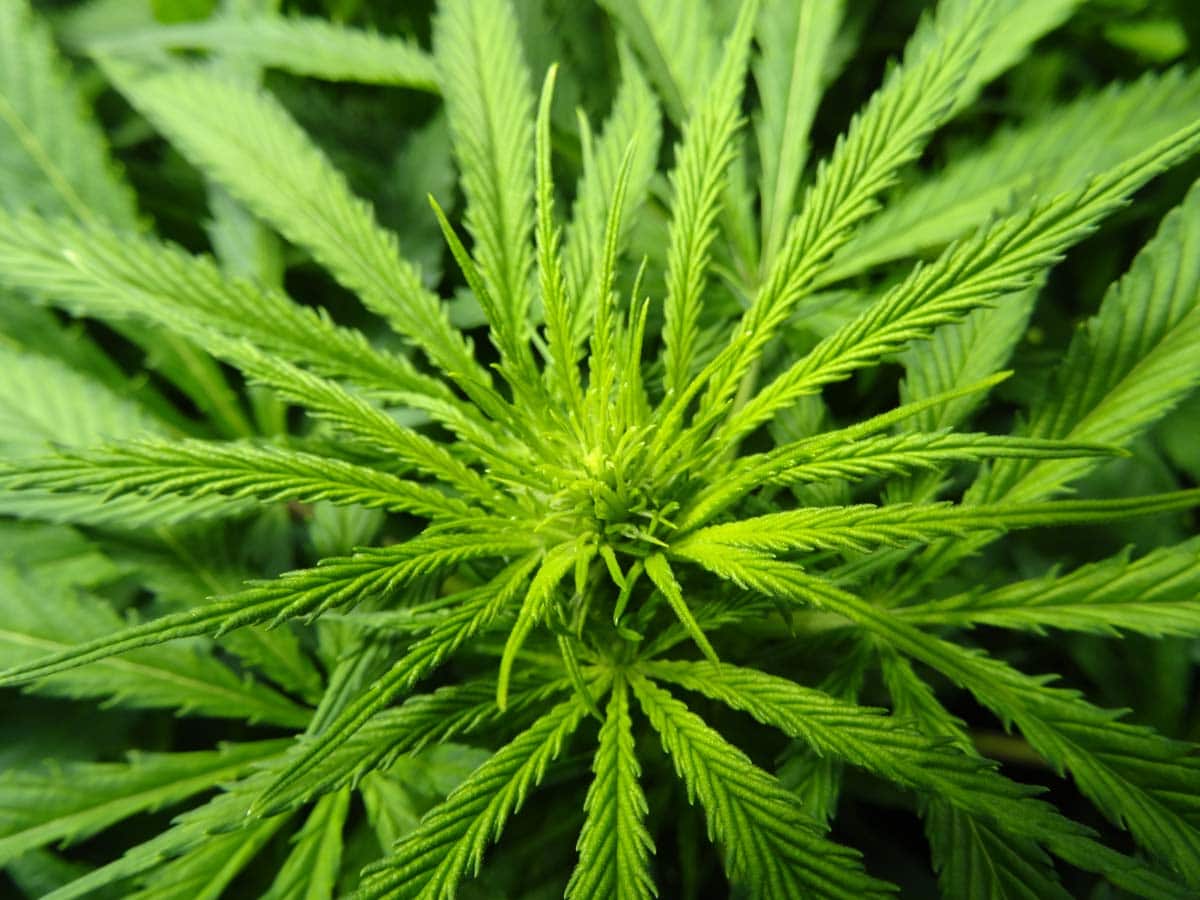Are your indoor cannabis plants stressed out by the heat? Controlling heat in the grow room is one aspect of growing marijuana indoors that can be difficult for many growers. Grow lights provide our plants with lots of life-giving light, but they also get hot, and big grow lights can raise the temperature of a room by several degrees.
Each cannabis strain is a little different and some plants can handle hotter temperatures than others, but most plants start suffering from heat stress when their temperature gets over 85°F / 30°C. Some sensitive cannabis strains from cold climates (most often the short, squat, Indica strains with huge leaves) may start showing heat stress above 80°F / 27°C. To avoid heat stress, you must keep your grow space below a plant’s comfortable threshold. Controlling the temperature can even raise the overall quality of your buds since too much heat can reduce density, terpenes, and bud potency. This tutorial will teach you tactics that you can use to control temperature and fix heat problems to produce a plant paradise. You’ll also get some tips to help make sure your cannabis plants still do great even if it does get too hot.
1.) Supplements That Protect Against Heat Damage
Some supplements can help protect your cannabis plants so they are more resistant and/or recover more quickly from heat stress.
However, many different companies offer supplements and it can be confusing to decide which one – if any – is best for your garden.
Try to get supplements and nutrients from the same company
For the most part, there is no best supplement for heat (or anything really). A lot of different supplements will get you to the same place in the end. Because of that, when possible it’s a good idea to choose supplements made by the same company as your nutrients instead of trying to find the “best” supplement.
This is because during the process of creating a complete nutrient lineup, nutrient companies specifically test their supplements to make sure they work together with the nutrients in their lineup nutrients without causing lockout or other unexpected problems.
Use supplements to help protect your plants from heat damage if temperatures are rising too high.
Seaweed Kelp Extract
One of the best inoculants against heat stress is a surprising gift from the ocean; seaweed! As a bonus it contains small amounts of trace nutrients and minerals. Many different nutrient companies use seaweed kelp extract as part of their supplement lineup, which means you have a lot of choices to choose from if you want to incorporate seaweed into your grow.
A few companies offer seaweed extract by itself, it is a great choice for those growing outdoors or in super soil as they contribute to a healthy soil web matrix.
Pure sea kelp extract can be a great choice for soil growers who want to avoid using mineral-based nutrients.
If your nutrient company doesn’t offer a specific Sea Kelp product, you can almost always find sea kelp extract as an ingredient in one or many of their supplements. When starting out with supplements, it’s often best to start with something that matches your base nutrients and has sea kelp extract as an ingredient.
Silica Supplement
Supplementing your plants with extra silica (listed on the label of supplements as Potassium silicate) is not usually needed for healthy plant growth. There is almost always some amount of silica available and plants don’t need a whole lot of silica to survive.
That means if your plants aren’t stricken with a – super rare – silica deficiency and are living in a great environment, adding extra silica might not give you tangible benefits. However, if your cannabis plants are under specific types of stress or are generally living in adverse conditions, extra silica can make life easier for your plant.
Plant roots with access to silica (Si) happily drink it up and the silica gets incorporated into plant cells, increasing the strength of individual cell walls. These “armored” cells help improve the hardiness, vigor, and structure of the plant. Kind of like sending your plants to the gym.
Benefits of Silica Supplements
- Plants supplemented with silica are generally more resistant to heat or cold stress as well as some types of disease
- Silica increases the microscopic “abrasiveness” of leaves, which can act as a deterrent to pests and herbivores (like deer). In fact, if you’ve ever been given a paper cut by a piece of grass, you can thank silica for making those “sharp” edges.
- Silica helps plants get the nutrients they need. Silica is effective at making phosphorus more available to the plant, which can be helpful in the flowering stage when the plant is going through phosphorus at a much higher rate due to the process of making buds.
- Silica can also help the plant roots better absorb micronutrients (including boron, copper, iron, manganese and zinc) while making it harder for the plant to absorb certain toxic substances like aluminum and salt/sodium.
So again, silica won’t magically increase your plant growth, but it can help make up for some problems with the environment. Because of this, nearly all professional nutrient companies carry a quality silica supplement as part of their lineup.

